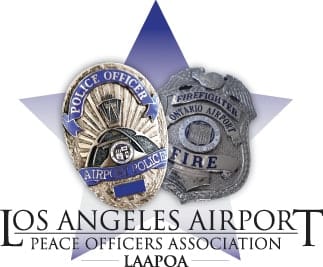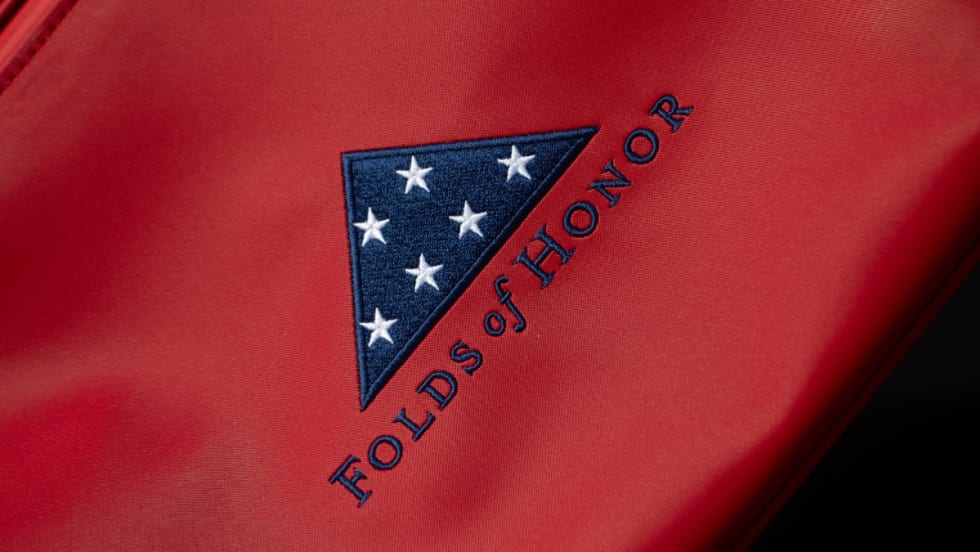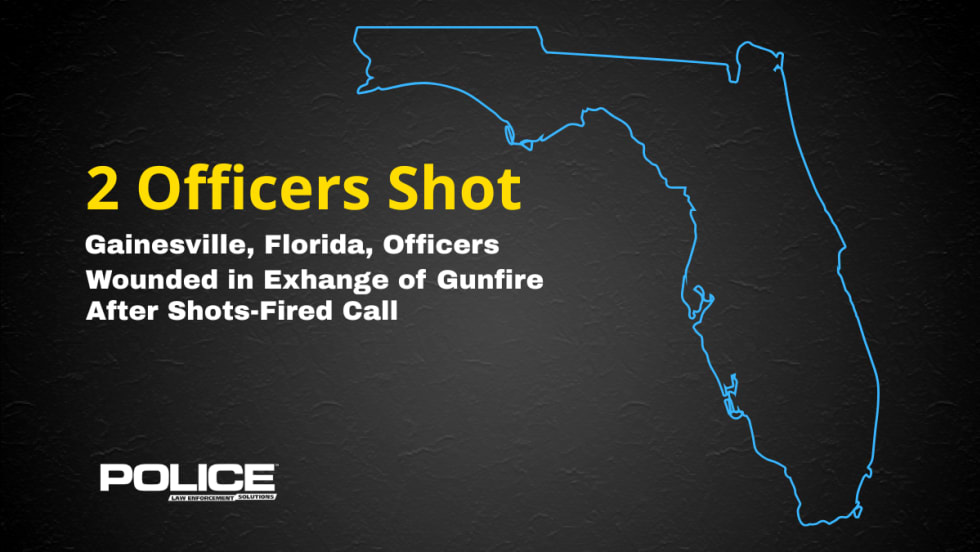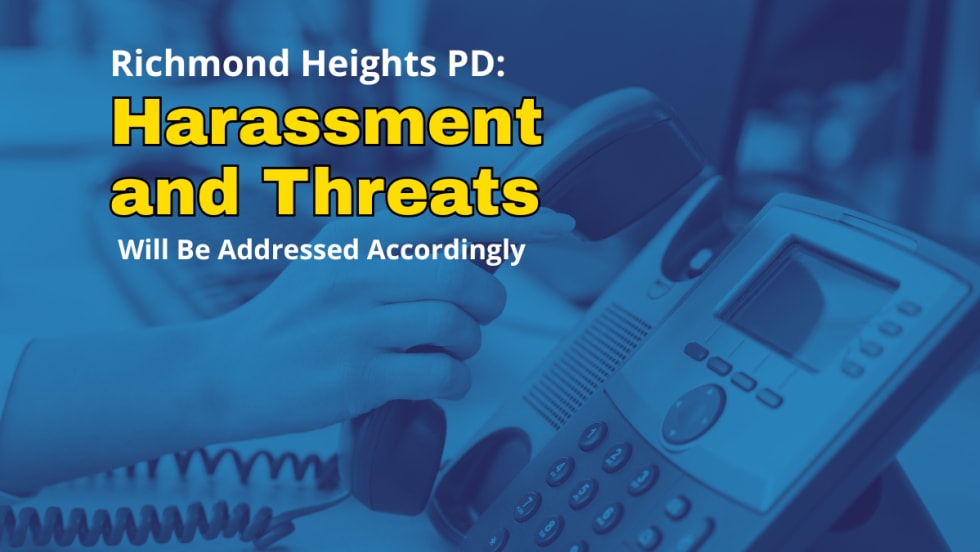Los Angeles Airport Peace Officers Association (LAAPOA) President Marshall McClain penned a letter to the editor responding to a recent Los Angeles Times editorial that "erroneously blamed police unions for the state's inability to deal with 'problem' officers," according to a LAAPOA press release. LAAPOA included with the press release the entire letter submitted to the Times:
To the editor:
In response to your recent editorial on police unions' supposed interference with California's efforts to deal with "problem" officers, I'd like to address a few things:
Vilifying police officers—along with the police unions that defend them—without granting them due process is against everything this country stands for. While it may be "in vogue" to dump on police, let's keep this in context: There are over 700,000 sworn police officers who protect our nation. Among them are the numerous on- and off-duty law enforcement officers in Las Vegas who ran into spraying bullets to save concertgoers; the NYPD/NY Port Authority police who entered the World Trade Center when everyone else was running out (losing 37 of their own that day); and the LAXPD officers who, without eyes on their subject and not knowing if he was preparing to ambush them, took down a shooter who killed a TSA agent and wounded others at the airport.
Are there problem officers? Yes. Are there "bad" prosecutors? Yes (including those who leaked sensitive information to your reporter to stack a story). Are there reporters who have an agenda and those who have flat-out fabricated information? Yes. Are the disciplinary records of prosecutors and reporters available to the public? No. These professions have a direct impact on our nation's ability to support the fundamental values in our Constitution. The L.A. Times constantly defends those values for its own, but has a different standard when it comes to law enforcement.
These kinds of articles do nothing more than add to the plethora of one-sided stories casting a negative light on the law enforcement profession. What these stories forget is that while there are some "bad officers" (who, like prosecutors and reporters, deserve due process), the vast majority of officers are great at their jobs—they work hard and keep the safety of our communities at the forefront of what they do, and often do so while putting their lives on the line. Case in point: There are over 9,000 deputy sheriffs in Los Angeles County alone—which has one of the largest sheriff's departments in the nation—but you failed to provide the larger number for context in your reporting so that readers can make a judgment on the potential depth of the issue here.
And, contrary to widespread belief, associations are not hubs for corrupt individuals. I loathe the blanket assumption that was made in your article that law enforcement unions keep egregious information a "secret" from the public. Police unions are not the warehouses for peace officers' personnel files, and like the public, we don't condone the behavior of "problem" officers, either. We don't want to work with dishonest people, and we take concerted efforts to discipline our officers when needed.
Furthermore, you make it sound as though there is no process in Los Angeles County to identify problem officers. That is simply not true, and I would be happy to provide a lengthy list of the processes to you. We agree that a problem arises when police chiefs, sheriffs or others attempt to circumvent the established processes with impunity. The information on which you base your article most likely circumvented those processes, but because it works toward a sensational story you elect to disregard how it was obtained. There must be accountability.
We accept that we have a dangerous profession and that we are held to a high standard. We strive every day to build and be worthy of the public's trust in us. But those who have been unfairly pulled into the media's spotlight for alleged wrongdoing should not be labeled a "problem" until they've had their day in court. Further, there shouldn't be an orchestrated effort to erode the public's trust of peace officers by disseminating misleading and widely inaccurate information through lopsided reporting. It gives the inaccurate impression of a nationwide pandemic of law enforcement labor unions enabling rogue peace officers to work in our communities.
Your megaphone is massive. Ours is nonexistent. You can say what you want, and even if it is wrong or without context, it becomes embedded in the psyche of thousands of your readers. We do not have the capability to have our response heard. Nonetheless, in my small way, I wanted to go on the record to provide some balance to your recent article and the many others I have read that stack the scale and play into a narrative that is wholly unbalanced. I am proud of my job as advocate for our officers, and I cannot let your paper's portrayal of our unions in California be left as gospel. And while I can't defend the inexcusable actions of some officers (who are the very, very small minority), even they deserve the same rights of all Americans: the fundamental right to due process.
Sincerely,
Marshall E. McClain
President, Los Angeles Airport Peace Officers Association (LAAPOA)












